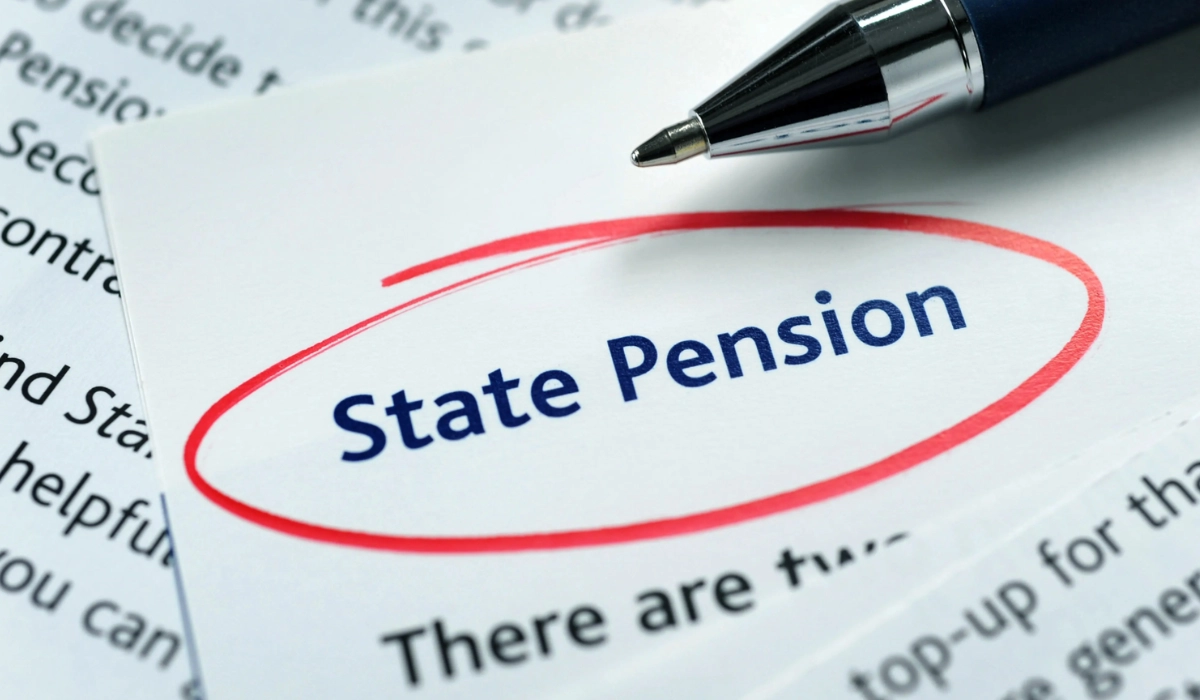Triple Lock State Pension Increase: The UK government is set to raise State Pensions by 4.7% from April 2026 under the triple lock guarantee — a sharp increase driven by recent average earnings figures, and one that could tip many pensioners into paying income tax for the first time.
What is the Triple Lock State Pension?
The triple lock is a rule introduced in 2011 which ensures that every April, State Pensions rise by whichever is highest of:
-
The inflation rate (CPI) in September
-
Average earnings growth over May–July
-
A guaranteed minimum of 2.5%
Because earnings growth for May–July 2025 was measured at 4.7%, and inflation (CPI) is lower (about 3.8%), the 4.7% figure is likely to be used for the April 2026 increase.
How Much Will Pensioners Get?
-
For those on the new State Pension (for people retiring after April 2016): weekly payments are expected to rise from £230.25 to £241.05, or about £12,534.60 annually.
-
For those on the old/basic State Pension (pre-April 2016 retirees): payments will go up from £176.45 to £184.75 per week.
This rise corresponds to an extra £560+ per year for many pensioners.
Triple Lock State Pension Tax Implications: Who Might Be Affected
Many pensioners may start paying income tax on their State Pension because of this rise, especially since the personal tax allowance remains frozen at £12,570.
-
A pensioner who receives the full new State Pension (~£12,534.60/year) will be very close to the tax-free threshold. Just a small additional income or even modest changes could push them over.
-
Experts warn that by April 2027, many pensioners whose only income is the full State Pension will be taxed unless thresholds change.
Why This Matters: Cost of Living & Government Promise
With many households facing high living costs, a 4.7% increase offers relief — especially for pensioners relying largely or entirely on the State Pension. But it also places pressure on government finances. The policy remains popular, and the government (Labour) has re-affirmed its commitment to uphold the triple lock for this Parliament.
Possible Concerns & Criticism
-
The sustainability of the triple lock is questioned by economists: rising costs could strain public budgets.
-
Pension age review: increasing State Pension age may be one lever to reduce future costs.
-
Pensioners with smaller or partial entitlement won’t get the full benefit; those on additional pensions or those abroad may be less well served.
Pensioners’ Reaction & Public Response
On social media, many pensioners have expressed joy at the increase, calling it “overdue relief” amid high inflation. Others raise concern about being dragged into tax territory, particularly those with no other income. Financial advice columns are already urging people to check whether they’ll face income tax next year.
A user @NeilClark66 wrote on X:
"‘We must ditch the triple lock’ they all cry in unison. Forgetting the cost of living crisis and the fact that our state pension is one of the lowest in Europe."
Billions squandered on wars & weapons & other projects but commentators/pundits seem outraged that the state pension is going up by 4.7% in April. ‘We must ditch the triple lock’ they all cry in unison. Forgetting the cost of living crisis and the fact that our state pension is…
— Neil Clark (@NeilClark66) September 16, 2025
What Pensioners Should Do Now
-
Check if they receive new or basic State Pension and calculate what their new weekly/yearly income will be.
-
Monitor whether their total income exceeds the personal allowance. Even small extra sources of income (savings interest, part-time work) could tip them over.
-
Plan for tax: consider using ISAs or other tax shelters if applicable.
-
Stay updated with government announcements; personal tax allowance adjustments or pension age changes might be proposed in upcoming budgets.










